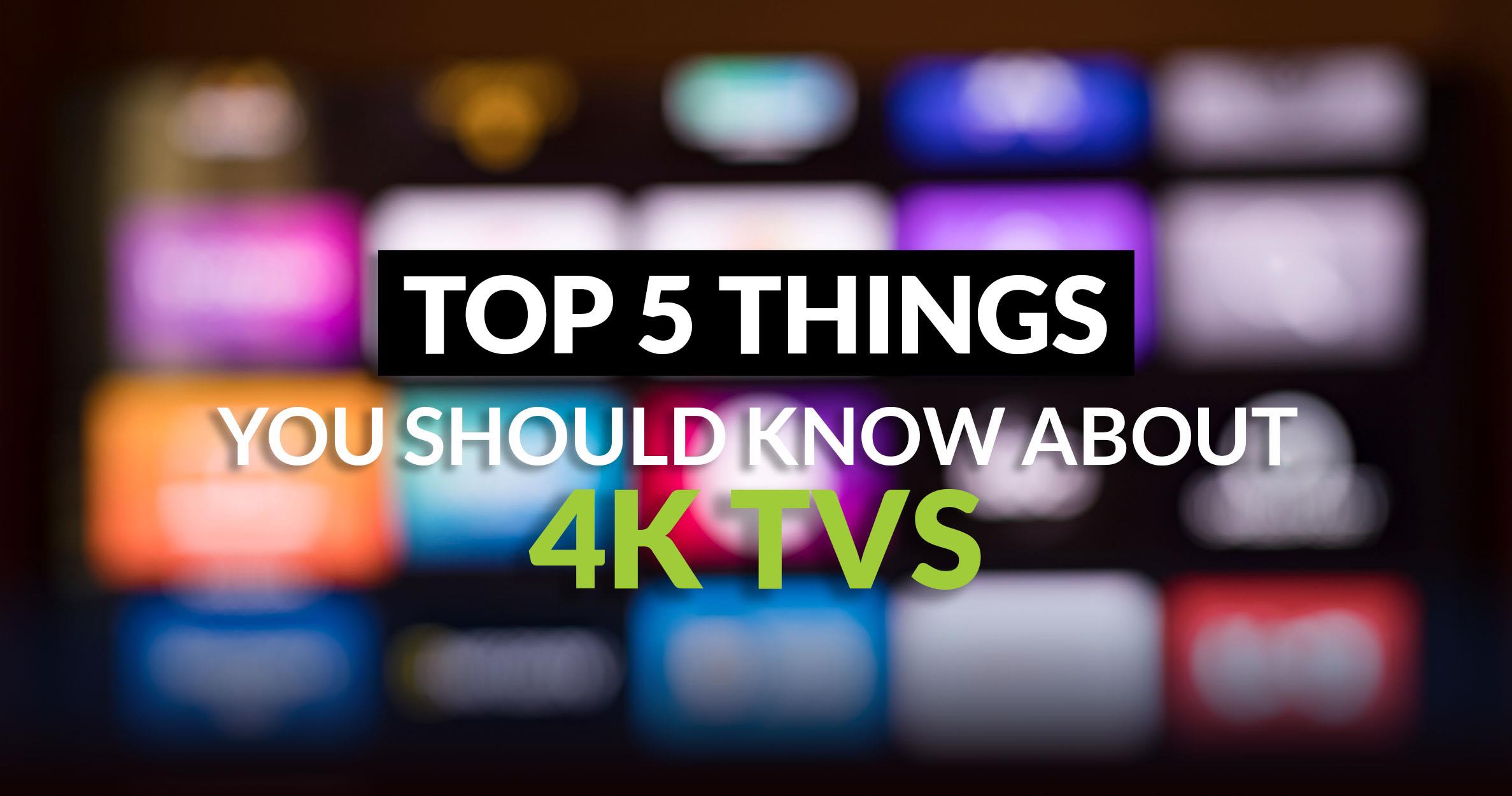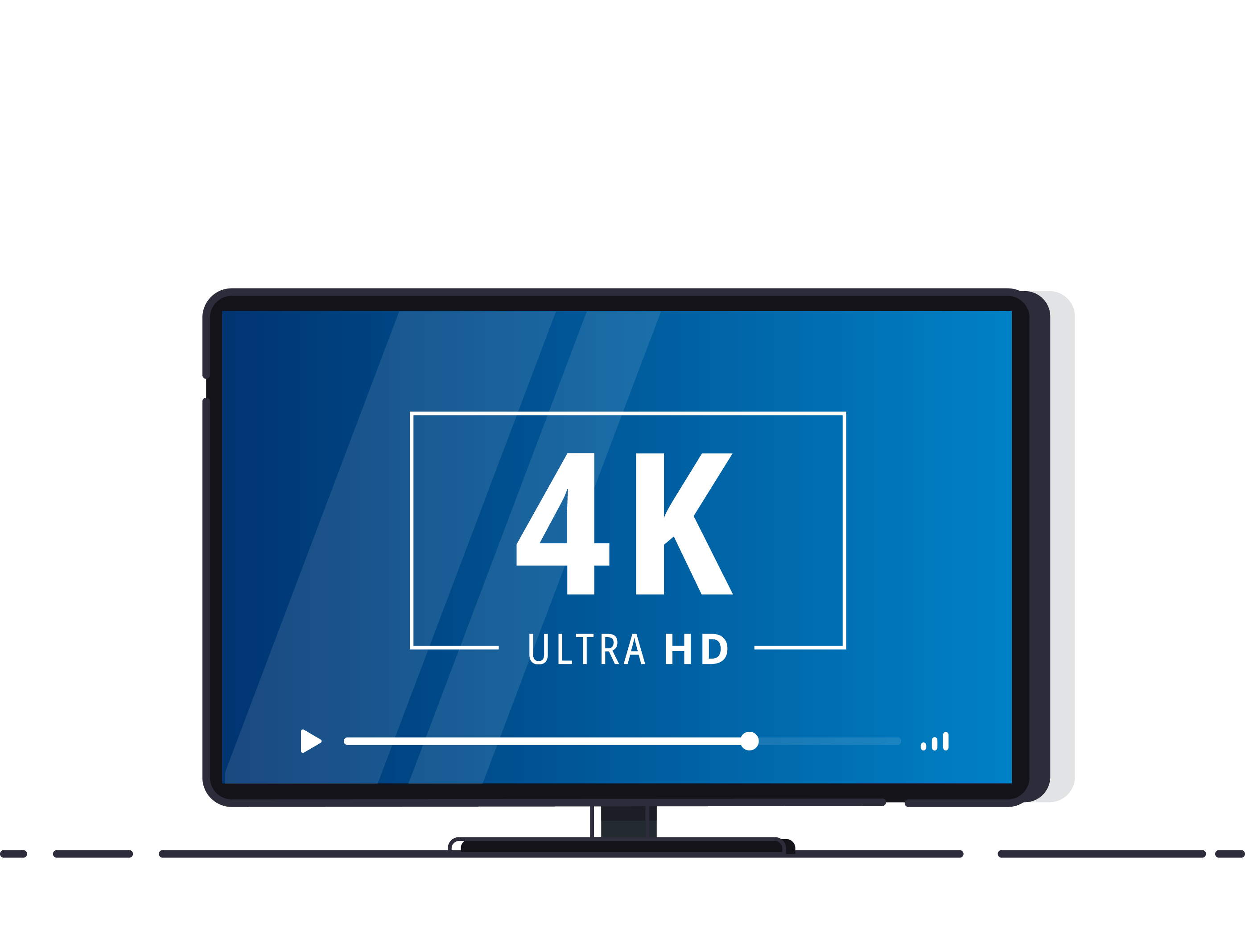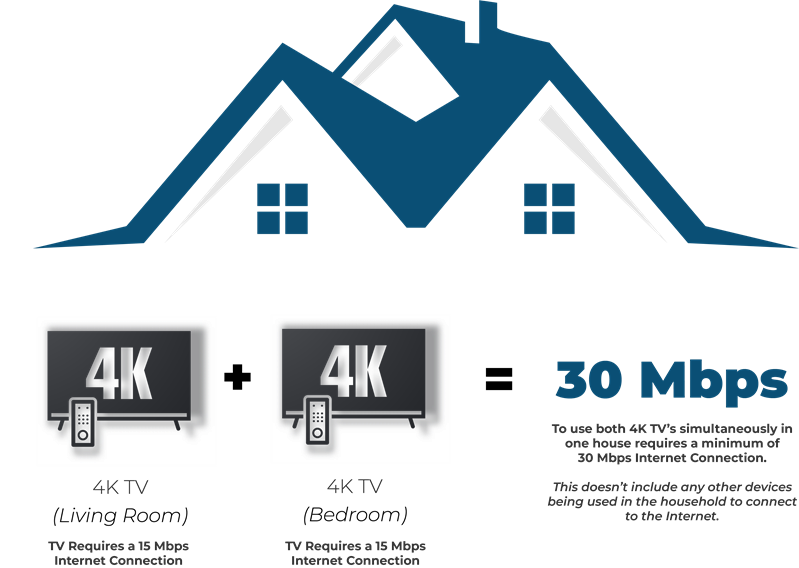-
Residential
- Internet
- Wireless
- Phone
- Nemont.TV
- Business
- Customer Center
- 'How To' Videos
- Careers
- Announcements
- About Us
- Contact Us
- QUESTIONS? CALL: 1-800-636-6680
- WEBMAIL
- BLOG
- 4G VOICEMAIL
- MY ACCOUNT
5 Key points you should know while shopping for 4K TVs


Are you in the market for a new TV? Before buying that new 4K TV, ensure you are informed about some critical aspects of 4K TVs. ' 4K' refers to the quadrupled pixel density that delivers four times the picture resolution of regular 'full HD.' When considering the quality of your picture, remember to pay attention to the TV's Hz or refresh rate. A higher refresh rate means smoother picture quality, which is especially important for fast-moving scenes. And if you find your new 4K TV buffering or experiencing Pixelation, it could be a sign that your Internet connection needs an upgrade. Ensure you have a fast enough connection to enjoy all the benefits of your new 4K TV.
- Why is it called ‘4K’?

Your 4K TV quadruples the pixel density horizontally from 1080p to roughly 4000p (3,840p). That means your 4K TV delivers four times the picture resolution of regular 'full HD.' 4K resolution can be compared to looking out the window of your house, which is why everyone is so quick to buy one.
-
Does hertz matter for getting the best quality picture from my 4K TV?
You'll probably hear terms like '120hz', '240hz', or even '480hz' being pitched; one of the many aspects also to consider. What is it? Hertz refers to the refresh rate of a TV. The refresh rate is how often the display can draw a new image per second. The quicker a picture refreshes, the less flicker it has, which appears smoother to the human eye.The standard frame rate for most movies is 24 frames per second or pictures per second. If you have a 240hz refresh rate, your picture quality will refresh ten times faster at 240hz compared to five times faster at 120hz. Get the picture?
-
You bought a 4K TV, but now it’s buffering.
Buffering happens when your Internet connection is too slow to stream a video in real-time. In more technical terms, buffering involves pre-loading data into a particular area of built-in memory known as a "buffer." The buffered data then plays smoother because the movie data is queued up and ready to play. A buffer is a temporary data storage location while the video transfers. In other words, it's that annoying delay when watching a video online. If you experience buffering, upgrading your Internet speed could be the next step. -
Why does the picture look frozen?
Another problem you might observe when upgrading your television to 4K is pixelation issues. Pixilation (squares) observed on your TV represent packets of data lost in transmission due to a poor connection. One often overlooked solution causing Pixelation could be damaged cables or faulty splitters. Check your cable connections. Try a new HDMI cable. -
How fast of an Internet connection does my 4K TV require?
Because 4K enhances picture detail, you should upgrade your Internet speed. Or, you can run into the aforementioned buffering issue. More detail requires more data transfer.Virtually all 4K TVs have built-in apps for streaming services like Netflix, Amazon Instant Video, and Vudu, which offer a growing selection of 4K TV shows and movies. These apps all require an Internet connection. Not just any old Wi-Fi connection will do!
Are you ready to take your movie night to the next level with stunning 4K resolution? Netflix recommends a 15 Mbps Internet connection per 4K TV to ensure the best streaming experience possible.
But do you know how fast your current connection is? Click below to use our Ookla Speed Test and find out. Upgrade your Internet speed today and enjoy crystal-clear movies in the comfort of your own home.

Nemont offers several high-speed Internet plans to fit your streaming needs.